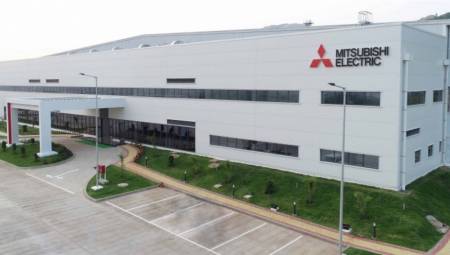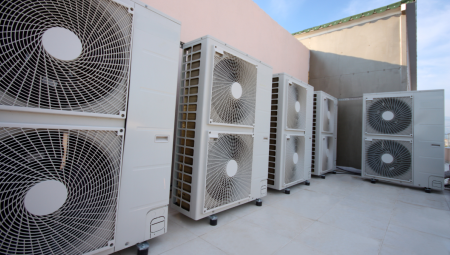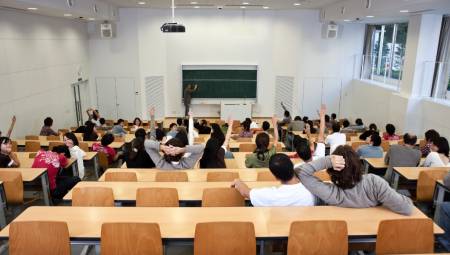 Colombia. The CCCS was selected by the World Green Building Council (WorldGBC) to lead the national replicability proposal of the Building Efficiency Accelerator Program (BEA) of the United Nations (UN).
Colombia. The CCCS was selected by the World Green Building Council (WorldGBC) to lead the national replicability proposal of the Building Efficiency Accelerator Program (BEA) of the United Nations (UN).
The implementation of the BEA Program in Bogotá, which is led by the District Planning Secretariat and the CCCS since June 2016, is considered a success story worldwide. For this reason, the WorldGBC selected the CCCS, along with Mexico's sustainable building council, to be the recipients of a $600,000 award, to replicate the success stories nationwide.
The Green Growth and the Global Goals 2030 (P4G) alliance selected TheGBC for the implementation of its "The Cities Climate Action Project supported by the Building Energy Efficiency Accelerator" program as the winner of the P4G call at the P4G Summit in Copenhagen among the more than 450 programs from 80 countries that applied. This award will be transferred to the CCCS, which will invest it in the implementation of the second phase of the BEA in Bogotá and the national replica of it. This decision is made as a result of the successful performance of the program, which, taking advantage of private sector networks, provides technical and strategic support to the city of Bogotá, which is committed to energy efficiency towards a net zero future.
The CCCS has technically led the implementation of the BEA program in Bogotá for two years and recently announced that the city has adopted a new policy for construction with greater energy efficiency (effective implementation of Resolution 549 of 2015 of the Ministry of Housing City and Territory) that is expected to reduce between 20-30% the use of energy and water in new buildings.
The city will also integrate the energy and water saving goals of Colombia's national building efficiency code. Juan Camilo González, Advisor to the Mayor's Office of Bogotá, Enrique Peñalosa, said: "Bogotá is making great strides to transform buildings and their construction in a more sustainable way. Our city's strategies and policies will help mitigate the impact our citizens and buildings have on the environment– to help us ensure sustainable environmental, social and economic development."
Better construction efficiency policies can result in 25-50% reductions in energy demand from new and existing buildings, saving money and reducing pollution. Energy efficiency measures in the construction sector could generate 5.8 billion tonnes of CO2 emission savings by 2050, according to WorldGBC. Most of the technologies needed to do so are already commercially available and many offer positive financial returns in relatively short payback periods.
Source: CCCS.














